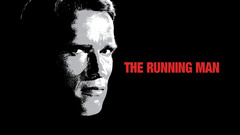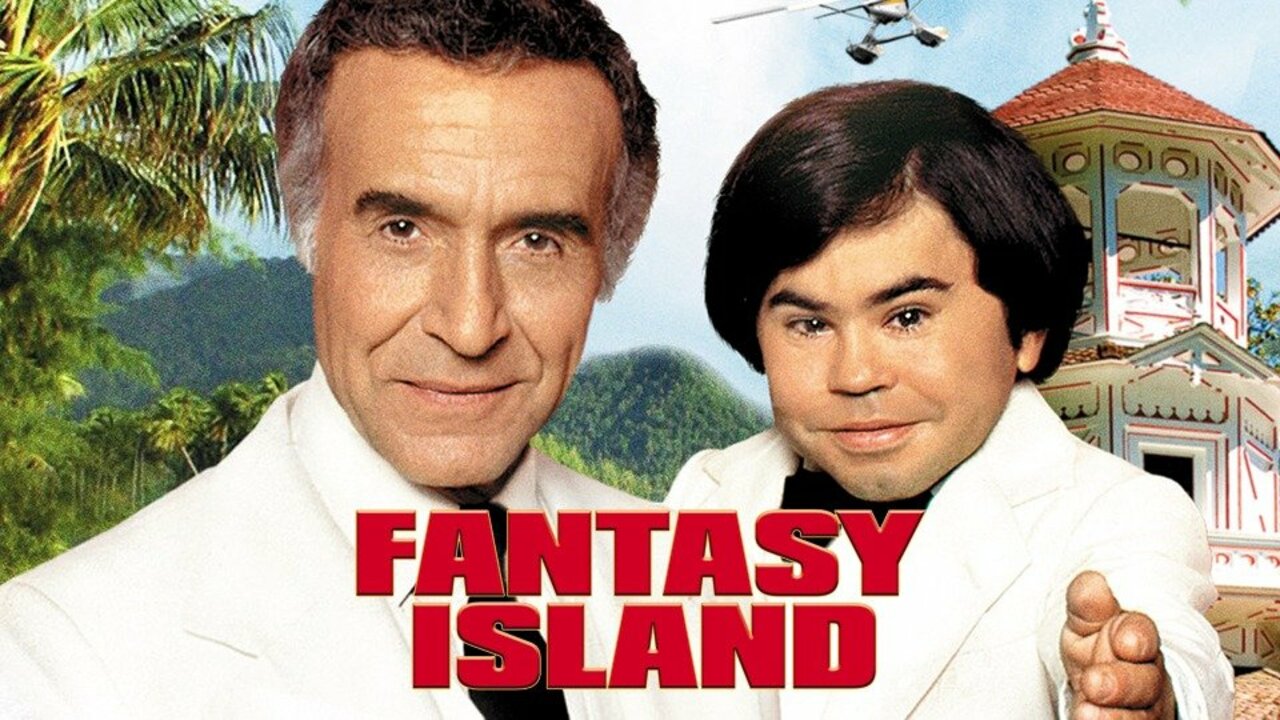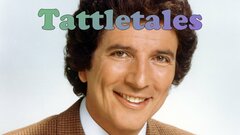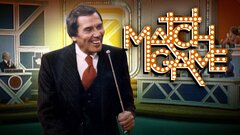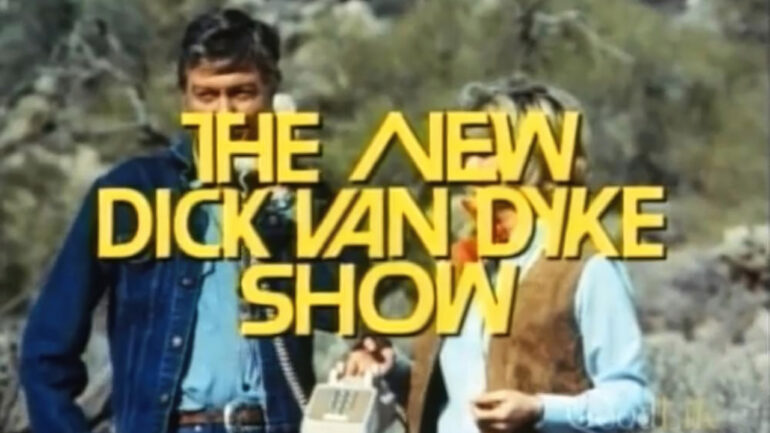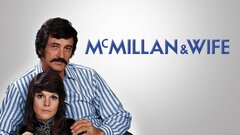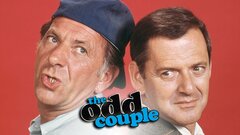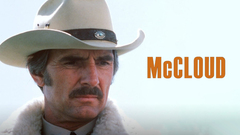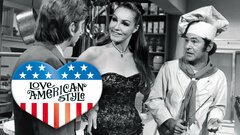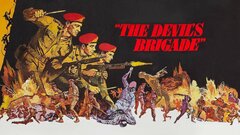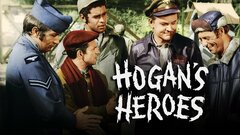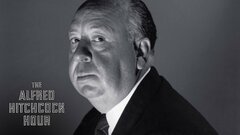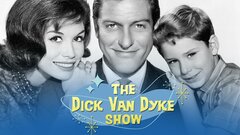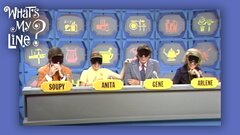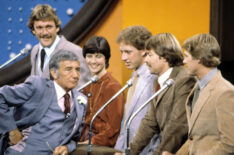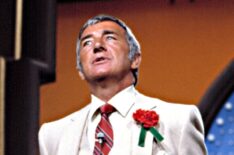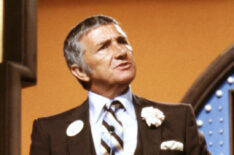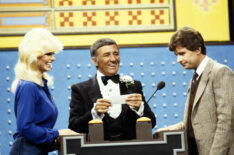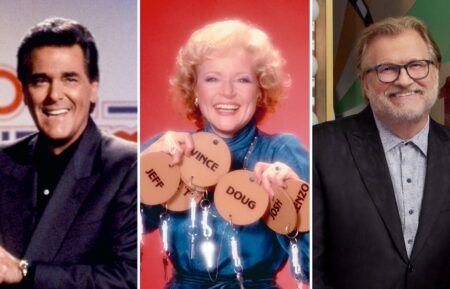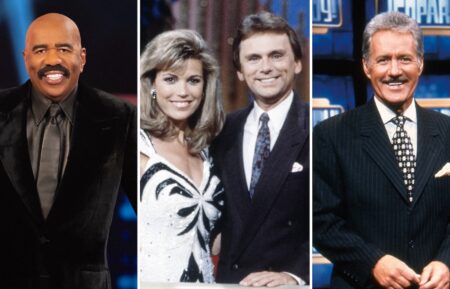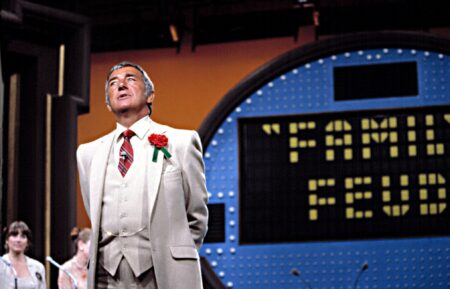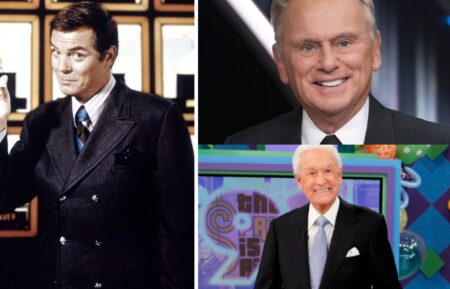With each mention of "Survey says," Richard Dawson gained worldwide fame as the wisecracking, very charming host of the long-running television game show, "Family Feud" (ABC, 1976-1985, syndicated 1994- ), which pitted two families against each other in a quest to name the most popular survey answers posed to 100 people. While the very nature of the show created many memorable moments as the contestants frenetically tried to outguess each other, it was Dawson's quick wit, warm personality, and jokes laced with double entendres that made "Family Feud" one of the most popular game shows in history. The British actor and comedian was also called "The Kissing Bandit," "Dickie," and "Kissyface" because he made a habit of kissing every single female contestant, much to their near universal delight.
Prior to his eternal "Family Feud" fame, Dawson was already a household name for his recurring role as the jack-of-all-trades Corporal Peter Newkirk on the classic comedy series, "Hogan's Heroes" (CBS, 1965-1974). He was also an audience favorite as one of the panelists on yet another game show of that era, "Match Game '73" (CBS, 1973-79). With such impressive stints as host coupled with a long-standing career in comedy, Dawson remained a beloved television personality long after he had disappeared from the public eye.
Colin Lionel Emm was born on Nov. 20, 1932 in Gosport, Hampshire, England to an American father and a British mother. At 14, he ran away from home to join the Merchant Marines, where he served for three years. During that time, he lied about his age to avoid beatings, but also made money during his service by boxing. After his discharge, the future game show host pursued an acting career, using the stage name "Dickie Dawson" when he performed his comedy routine throughout London, including at such famous venues as the Palladium Theater. He would later legally change his name to Richard Dawson. While living in New York the late 1950s, he married British sex symbol, Diana Dors - then called "the English Marilyn Monroe" due to her curvaceous figure and signature blonde hair. The couple had two sons before separating in 1964 and eventually divorcing in 1967. In 1961, the young comic brought his act across the pond by moving to the United States. He began making the rounds on numerous variety shows, doing mostly celebrity impressions.
He appeared in an episode of the hit comedy "The Dick Van Dyke Show" (CBS, 1961-66) as a British entertainer named "Racy Tracy" Rattigan, but it would not be long before he would land the role of his career.
Dawson scored his first big break when he was cast on the controversial WWII-set sitcom, "Hogan's Heroes," which followed inmates of a Nazi prisoner camp as they conducted an espionage/sabotage campaign under the noses of their captors. His comedic timing and knack for impersonations served Dawson well as Corporal Peter Newkirk, who was the group's con man, magician, pickpocket, bookie, and occasional tailor. Dawson reportedly auditioned for the lead role, which eventually went to Bob Crane, but was turned down because he did not sound "American enough." One of the highest-rated shows on the CBS network, "Hogan's Heroes" was the boost Dawson needed to gain Hollywood's attention. Following the cancellation of "Hogan's Heroes," Dawson remained on viewers' collective radar by appearing as a regular on "Rowan and Martin's Laugh-In" (NBC, 1968-1973), the rapid-fire sketch comedy show that launched Goldie Hawn and Lily Tomlin, as well as on "The Dick Van Dyke Show" during the 1973-74 season. He continued to compete on game shows as a panelist during the 1972-73 syndicated revival of "I've Got a Secret," which originally aired from 1952 to 1967 on CBS.
Mark Goodson, one of the producers of "I've Got a Secret," took notice of Dawson's unmistakable charm and comedic skills and signed him up to be a regular on "Match Game '73," a show where contestants tried to match celebrities' answers to fill-in-the-blank questions. Because of his previous experience as a panelist, Dawson meshed perfectly and quickly became the contestants' choice for the "Head-To-Head Match" portion of the bonus round. In one classic episode of "Match Game '77," he and fellow panelist Debralee Scott caused uproar when their answer "finishing school" did not match "school," which the contestant had written in and that the judges approved of; thus triggering the "School Riot." Both Dawson and Scott refused to back down and put down their game cards, much to the delight of the contestant whose fate rested on how many celebrity answers he or she matched. His game show streak seemed to have ended in 1974 when he hosted a one-season syndicated revival of "Masquerade Party," a game show where a celebrity panel attempted to guess the identity of another celebrity in heavy makeup and/or costume by asking simple questions. The show, which aired on ABC, NBC and CBS, failed to attract decent ratings and was canceled a year later.
The year 1976 was a banner one for the now-experienced game show personality. Goodson cast Dawson as host of his new game show, "Family Feud," and the pairing could not have been more perfect. The show was an instant success. The always impeccably dressed Dawson would open the show by chatting with his studio audience, exuding genuine warmth and charm. He also had with a unique ability to make the contestants feel at ease even when teasing or even slightly insulting them. In one memorable 1984 episode, the newly naturalized U.S. citizen shared a proud moment with his audience and TV fans when he showed off his new passport. But while Dawson projected a good-natured personality on screen, there was talk that the slick host was actually very acerbic when the cameras stopped rolling. Reports surfaced that he was fired from "Match Game" in 1978 for being grumpy, a detriment when the show was supposed to be funny. Regardless, critics rewarded Dawson's impressive hosting abilities in 1978, when he received a Daytime Emmy Award for Best Game Show Host.
Dawson was also famously known to be quite the ladies man on the show. One of his trademark moves was kissing all the single female contestants, earning him the nicknames "Kissyface" and "The Kissing Bandit." His smooching, almost leering antics were well-received by TV audiences for the most part, with one particular woman receiving more than the lion's share. In 1981, Dawson met 27-year-old contestant Gretchen Johnson and married her 10 years later. He ended his nine-year run on "Family Feud" in 1985, but audiences had not seen the last of him. In 1987, he appeared in the action feature hit, "The Running Man," which was loosely based on a science fiction novel by Stephen King and starred Arnold Schwarzenegger. In the film, the one-time actor played an egotistical, dark-sided game show host named Damon Killian, whom some said was a mirror image of himself at one time or another during his real-life career. He went on to host the "Family Feud" syndicated version from 1994 to 1995, replacing Ray Combs. During his first appearance since he had left the show in 1985, Dawson reportedly welled up with tears upon receiving a 25-second standing ovation as he walked on stage. Unlike his first hosting stint, Dawson reportedly did not kiss any more female contestants on the show to fulfill a promise he made to his wife and daughter. He was asked to host subsequent versions of the show, but he chose to retire instead, assured of his status as one of the most beloved and recognizable personalities ever to work in the medium. Dawson passed away on June 2, 2012 from complications due to esophageal cancer. He was 79.

